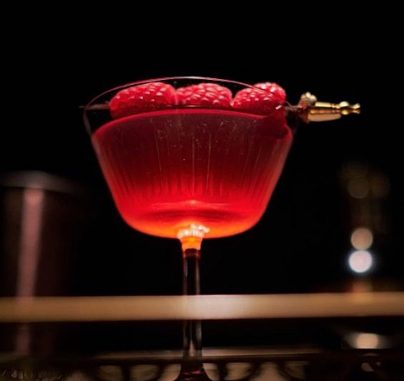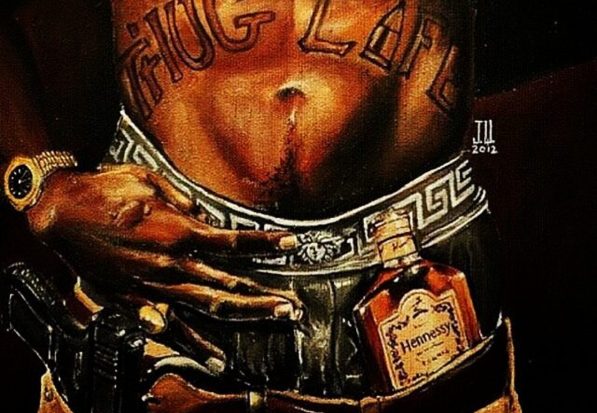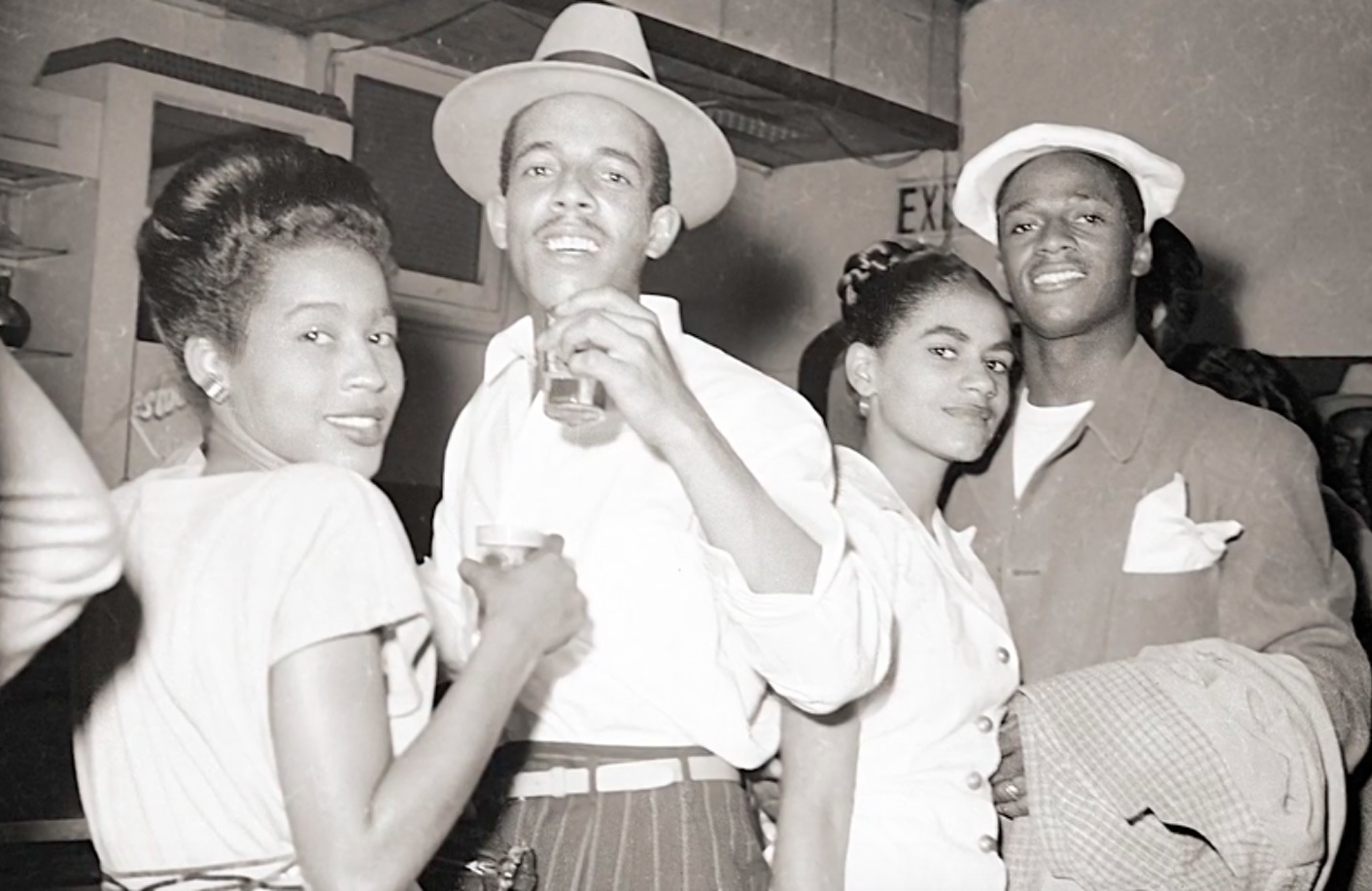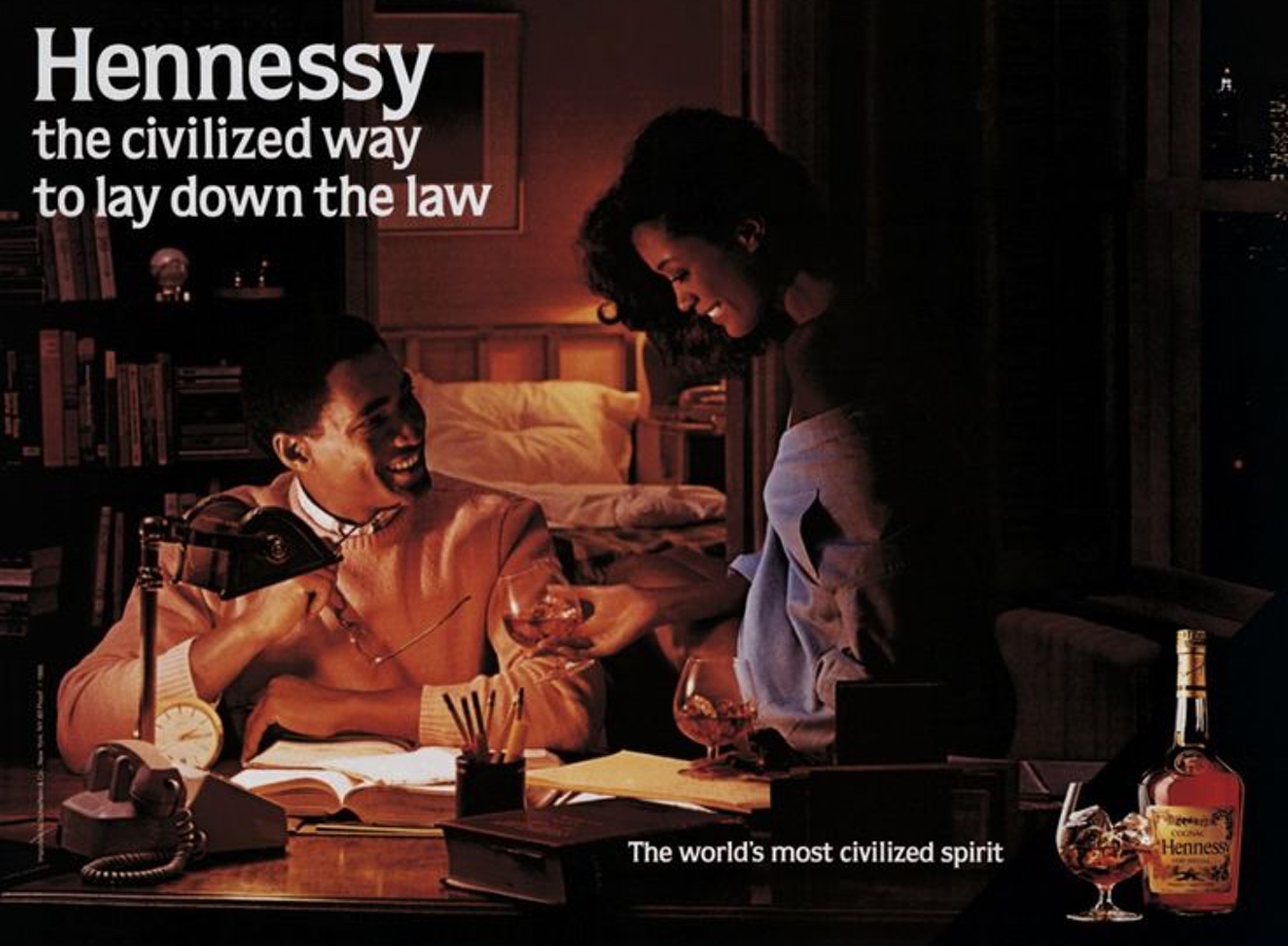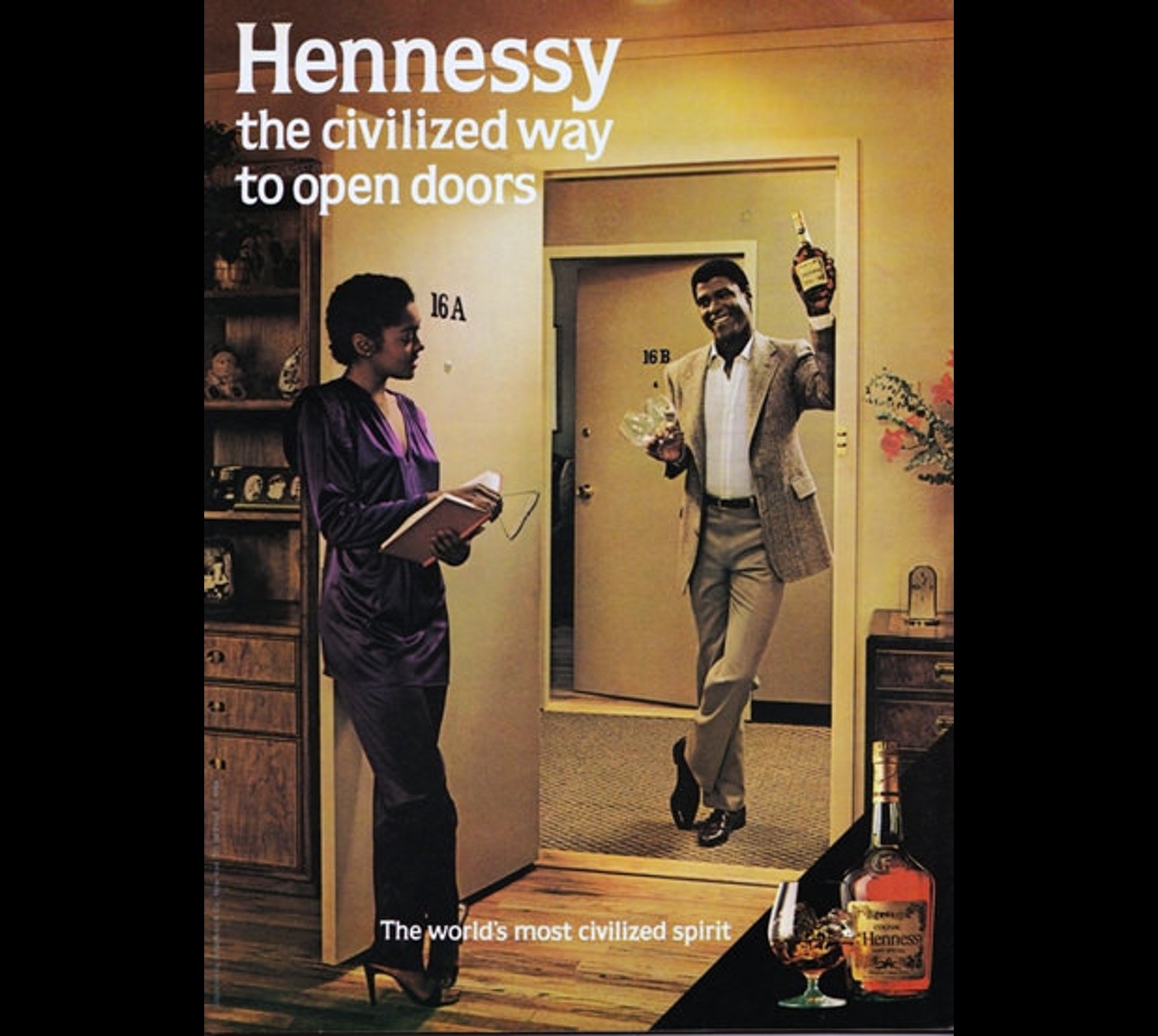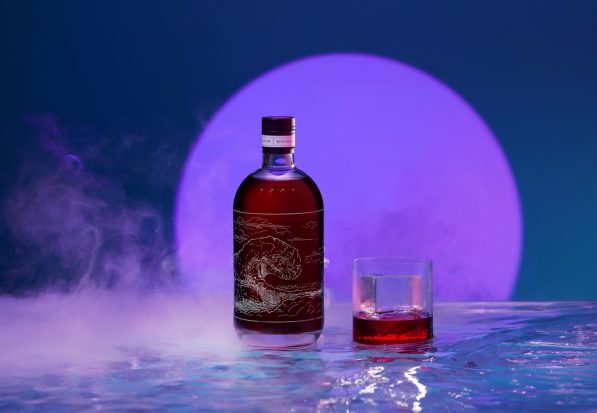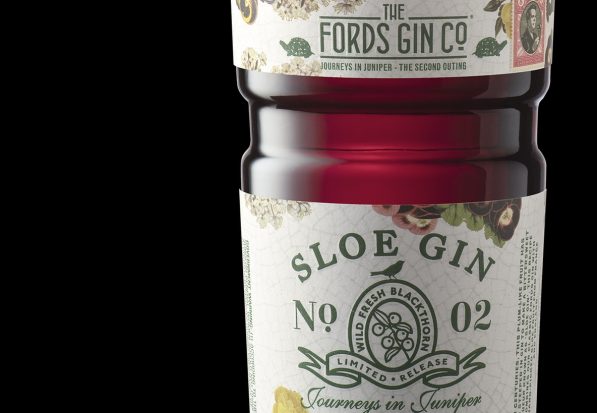If you’ve ever heard the lyrics of Busta Rhymes or 2Pac, you might have heard lines like these …
“Give me the Henny, you can give me the Cris.
You can pass me the Remy but pass the Courvoisier.”
or
“So f*ck what you thought, I’m drinking Hennessey
Running from my enemies will I live to be 23.”
It seems that whenever hip hop artists rap about alcohol, it’s usually Cognac. Now you might think this has to do with the prestige of the brands as symbols of the economic power of hip-hop, but if you think that’s all it is, then really, you’re only half right.
The United States is Cognac’s largest market and it’s believed that the African-American community now accounts for anywhere from 60 to 80 percent of U.S. Cognac sales. According to Impact Databank, 6.1 million 9-litre cases of cognac were sold in the United States last year, more than double the number a decade ago.
And sure, hip hop has definitely played a role in Cognac’s popularity but the connections with Cognac goes back much further. When Busta put out the call to “Pass the Courvoisier” he wasn’t rapping about anything new; the African-American community had already been ‘passing’ Cognac for decades.
(A sideline bit of trivia – a spokesman for Busta admitted to the New York Times shortly after the song’s release, that the performer had used Courvoisier simply because it fit well in the song, but he was actually a Hennessy man).
Fighting for social change
Cognac’s connection to the African-American community didn’t just start with the birth of hip hop. Led by brands like Hennessey, the spirit has been involved in African-American culture and social activism for well over a century. As far back as 1896, William Jay Schieffelin (Hennessy’s American distributor at the time) befriended Booker T. Washington and joined the Tuskegee Institute’s Board of Directors.
The Institute, now a University, is the second-oldest historically black college in Alabama. Schieffelin then brought his entourage of influential Americans including the likes of Thomas Edison, Mark Twain, Andrew Carnegie, and others from New York to visit Tuskegee and encouraged them to support the institution.
In 1910, Schieffelin alongside George Edmond Hanes (the first Black man to graduate with a PhD from Columbia’s School of Economics and also a Yale University graduate) launched the Committee for Improving the Industrial Conditions of Negroes in New York City. A year later, the name changed to what is now known as the National Urban League.
Cognac and the art of war
But as Slate points out, the relationship really took hold when African-American soldiers were stationed in southwest France during both world wars. The African-American soldiers stationed in France took a liking to spirit’s sweetness while introducing the French to Jazz and Blues culture. “The connection between cognac producers and black consumers was likely bolstered by the arrival of black artists and musicians like Josephine Baker,” said Dr Emory Tolbert, a history professor at Howard University.
And you can understand why a drink like Cognac would have had an appeal. Not only did it symbolise acceptance of the African-American solderers, both for their military efforts, but also their culture – both of which were not at that time appreciated back home.
It was also easier on the palette than the traditional Whiskey, which was a spirit that, to all intents and purposes, had strong branding, motifs and manufacturing links to the confederate south.
Taking Cognac’s message to the people
It was what happened post-war that truly cemented Cognac’s place at gatherings, family cookouts and BBQ throughout the African-American community. Hennessy again took the lead to ensure their presence was felt in the African-American consumer market in the early 1950s.
Never one to downplay its ties to the Black community, Hennessy ran the first spirit ad to appear in Ebony in 1951 and also the first spirit ad to appear in its sister publication, JET in 1953). Revolutionary for its depiction of middle-class African-American life, magazines like Ebony had a lot of influence in the community as they “mirror the happier side of Negro life — the positive everyday achievements from Harlem to Hollywood.”
Unusual for the times, Hennessy was one of the first spirit brands (and luxury brands) to invest, authentically, in a minority audience. And these weren’t just product placement ads, these were ads using black models in aspirational situations, that showed that the brand was for everyone. At that time there was a fear, especially among luxury brands that their products might somehow be devalued if they have African American images in their ads, but Hennessy had no such qualms.
Hennessy executive vice president Rodney Williams said “It made a statement about the importance of African-Americans as consumers and as a group that needed to be respected and spoken to directly. It was one of those milestones of inclusion that Hennessy was able to forge. We are always trying to find ways to have an impact and do it in a way that is consistent with these values of including everybody.”
Since then, the other three main cognac houses—Courvoisier, Martell, and Rémy Martin—have all followed suit.
But for Hennessy, it wasn’t just about placing ads in black neighbourhoods and black magazines; the company was also a leader in hiring blacks in ranks of leadership. During the height of our nation’s civil rights movement, in 1963, Hennessy brought on 1942 bronze medal Olympian Herb Douglass. He was with the company for more than three decades, serving as Vice President of Urban Market Development. Douglass was just the third African American to reach the level of vice president of a major national corporation.
For Hennessy’s 250th anniversary, the company released a documentary, An Unexpected History: The Story of Hennessy and African-Americans, which highlighted Hennessy’s unique connection to the African-American community.
With the loyalty of an older generation of Cognac drinkers, it was a natural progression for that trend to continued into the ’90s and 2000s.
If you believe that lyrics matter, then Cognac’s endorsement of the black community has certainly paid off, as it is believed that the words ‘Hennessy’ or ‘Cognac’ are mentioned in over 1,000 songs by such famed artists as Notorious BIG, 2Pac, Kanye West, Rick Ross, Nas, Dr Dre, and 50 Cent.
You can’t buy that kind of endorsement …
